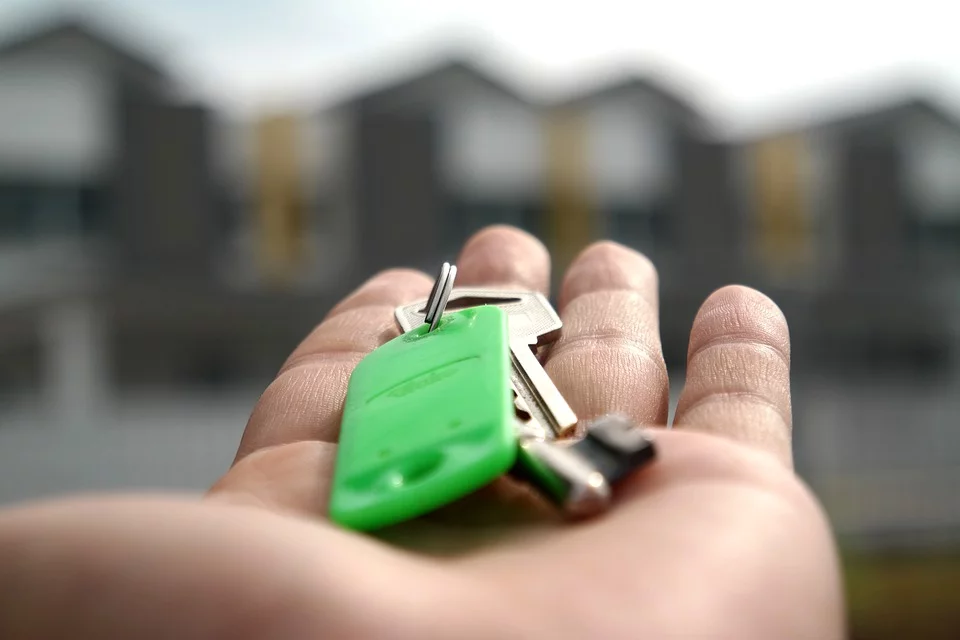Nationwide: UK house prices rose 0.7% in February
House prices in the UK rose 0.7% month-on-month in February, according to the latest Nationwide House Price Index.

Nationwide reported a 0.2% fall in January which had been the first monthly dip since last June. The year-on-year (y/y) gain rose back up to 6.9% in February after falling to 6.4% in January from 7.3% in December.
Nevertheless, the three-month/three-month growth rate in house prices moderated to 1.9% in February, the lowest since last September and down from 2.3% in January, 3.0% in December and a peak of 3.7% in November.
House prices strengthened markedly over the second half of 2020 as housing market activity was buoyed by the release of pent-up demand following the easing of restrictions from mid-May 2020, people re-assessing housing needs in the wake of lockdowns and the temporary rise in the Stamp Duty threshold.
Commenting on the figures, Robert Gardner, Nationwide’s chief economist, said: “February saw the annual rate of house price growth rebound to 6.9%, from 6.4% in January. House prices rose by 0.7% month-on-month, after taking account of seasonal effects, more than reversing the 0.2% monthly decline recorded in January.
“This increase is a surprise. It seemed more likely that annual price growth would soften further ahead of the end of the stamp duty holiday, which prompted many people considering a house move to bring forward their purchase.
“While the stamp duty holiday is not due to expire until the end of March, activity and price growth would be expected to weaken well before that, given that the purchase process typically takes several months.”
He continued: “It may be that the stamp duty holiday is still providing some forward momentum, especially given the paucity of properties on the market at present. Shifts in housing preferences may also be providing a more significant boost to demand, despite the uncertain economic outlook.
“Many peoples’ housing needs have changed as a direct result of the pandemic, with many opting to move to less densely populated locations or property types, despite the sharp economic slowdown and the uncertain outlook.”
He added: “As a result, the outlook for the housing market is unusually uncertain. There is scope for shifting housing preferences to continue to boost activity, especially if there is further policy support in the Budget. Nevertheless, if labour market conditions weaken as most analysts expect, it is likely that the housing market will slow in the months ahead.”
Howard Archer, chief economic advisor to the economic forecaster EY ITEM Club, said: “After contracting in the first quarter, the economy looks set to see decent recovery develop from the second quarter as restrictions on activity are gradually eased. Nevertheless, unemployment is likely to keep rising gradually despite an expected further extension of the furlough scheme from the end of April in the Budget.
“Meanwhile, earnings growth looks likely to be limited and there is also likely to be a fading of the pent-up demand effect on housing market activity.
“Consequently, the EY ITEM Club suspects that house prices will fall by around 3% over 2021. This had been revised from an expected decline of 5% given the housing market measures expected in the Budget.
“The EY ITEM Club expects housing market activity to gradually improve late on in 2021 allowing prices to stabilise as the UK’s economy establishes a sustained firmer footing and the labour market comes off its lows. Very low borrowing costs should also help with the Bank of England unlikely to lift interest rates from 0.10% during 2021 and for some time thereafter.”









